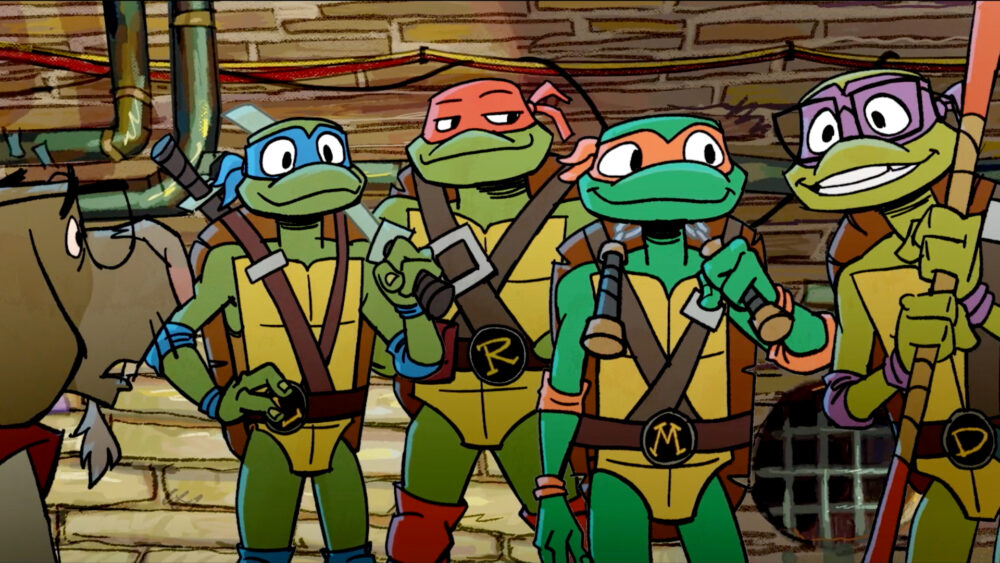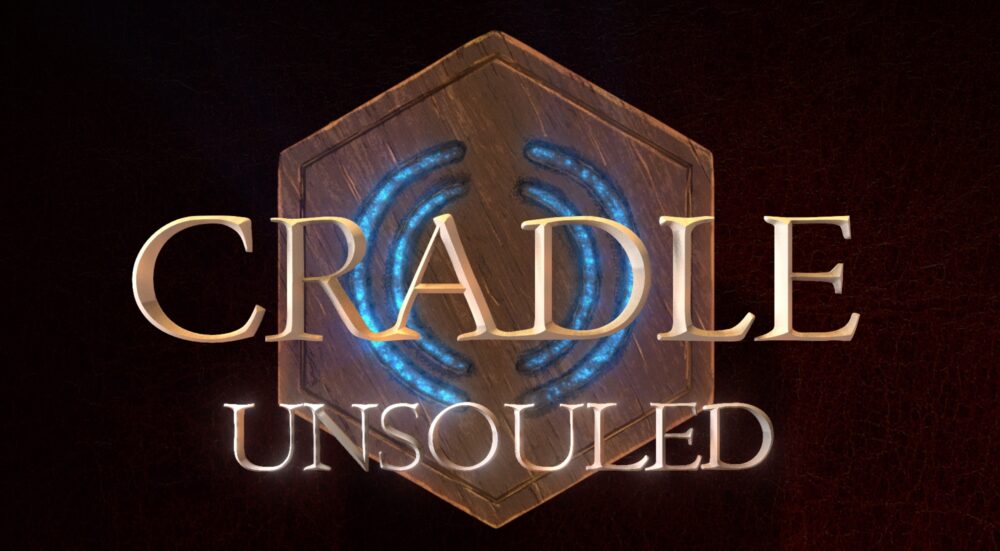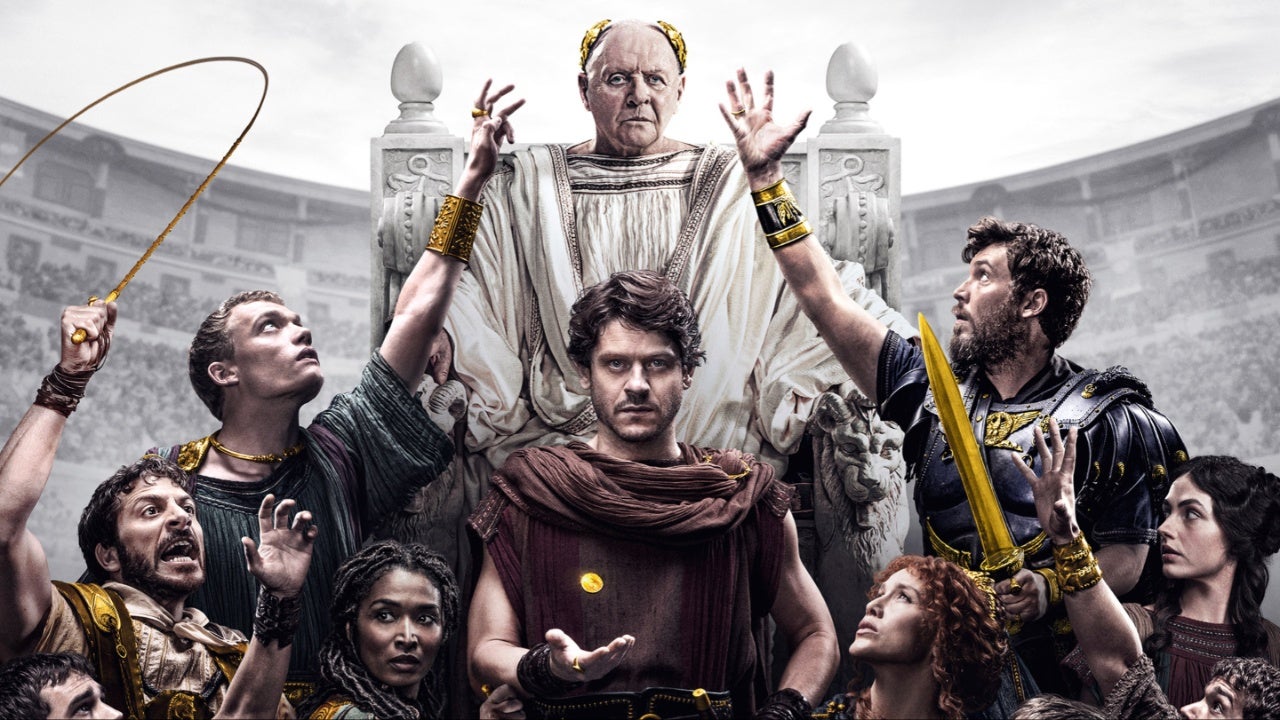I remember the days of my youth when I was a growing adolescent and teenager. I remember the slow diligent process of growing facial hair, noticing more and more women, and the difference from my lovely falsetto voice into a more baritone/bass volume. I remember those days with good moments and I also loathe those days.
I hated my voice cracking, being sweaty, and the changes to my body that I learned in health classes. It is a tough time for young people to start their process of going through puberty and in the show Big Mouth, Nick Kroll and his team encapsulate some of the funny and weird issues that plague many when it happens.
The show features four friends starting puberty and along the way, deal with school drama, puberty monsters and lots of other issues. The show is starting season three pretty soon, so, is the show really worth your time and attention? We’ll review the characters, the story, and the humor of the show of season 1. Is this show up your alley or should it go back behind closed doors in shame. Let’s review season one of Big Mouth.
The show features the four main characters of Nick, Andrew, Jessi, and Jay. Each one of them are quite unique and offer different kind of a character dynamic to the show. Nick (voiced by Nick Kroll) is the short kid who has way too open parents and is a late bloomer when it comes to puberty.
Andrew (voiced by John Mulaney) experiences puberty and is having a hard time controlling his desires and needs. Jessi (voiced by Jessi Klein) is a down to earth female who is is slowly experiencing womanhood but with not many women friends, has to try and figure it out usually by herself. Jason (voiced by Jason Mantzoukas) is a kid who is all over the place with his sexuality, his love of magic and his kinks of couchs and pillows. These characters are all unique and go through puberty and deal with their hormone monsters in different ways. Andrew becomes a chronic masturbator and has the need to express himself sexually and desires sex, even though he hasn’t had it.
Nick is more innocent, a late bloomer whose hormones aren’t taking over and thus remains a blank slate on how hormones and puberty has affected everyone. Jessi really has a 180 with her hormones. She is likable, but with becoming a woman, a growing divorce of her parents and the mom finding a new lover, she becomes a very jaded emo who is just trying to maintain some sense of understanding. Jay just goes further down the rabbit hole on what he can hump and explore.
Besides humping a pillow and couch ottomans, his older brothers are just disgusting and their bad influences have definitely rubbed off on him. All the kids are very likable. You have a good laugh sometimes at their expense mostly because we can relate to them and remember, in our own childhood that we have been there before even if we try to deny it.
The story revolves around the four main characters with learning about puberty and their growing sexual desires and needs, such as finding themselves and Jessi having her time of the month. Without giving away spoilers or specific episodes, the story explores all the adolescent misunderstandings and discoveries of finding out who you are in growing up into a man or woman.
We meet the hormone/puberty monsters and Andrews’ monster is so out there and hilarious because they don’t have subtlety. He turns Andrew, who was a shy nerdy kid, into a young man who is constantly wanting sex and human contact just to relieve himself. The monsters forgo decency and just give their humans the worst advice on how to handle their urges. As the season continues, we delve more and more into the kids learning new lessons and trying to somehow not lose themselves while changing so much with puberty. Showing the need to return to their own innocence and just be good friends before all of the hormones start having their personalities and their attitudes change whether for the good or the bad.
The humor is definitely in your face. It is gut busting as well as cringe worthy. There are some moments when Nick and Andrew talk that are hilarious based on the immaturity, the naivety, and also just smart dialogue. Some of the uncomfortable humor does involve those characters too but mostly involves Jay and Jessi. Jay is just a dog and some of his humor is just absurd and so out there.
It is hard to figure out if it is really funny or are you laughing because you’re uncomfortable. Jessi’s descent into puberty offers some weird humor that made me as a man, feel uneasy, but that can just be me. Some of the comedy has been hit or miss at times. The overall feeling is that it’s in good fun and it does have a lot going on. The immature mind enjoying it a lot and the mature side also finding some of the jokes indeed laughable.
Overall, season one is a lot of fun. The main characters have their quirks and their own sense of humor and comedy. The ensemble characters like coach Steve and the monsters are greatly needed in making the show flow with lots of jokes and face palming expressions. I’m glad I did watch the show and I look forward to seeing season 2 and what craziness will take place.

Events
Paramount+ Reveals Official Main Title Sequence for the Upcoming Series TALES OF THE TEENAGE MUTANT NINJA TURTLES

During the TALES OF THE TEENAGE MUTANT NINJA TURTLES panel earlier today at San Diego Comic Con, Paramount+ revealed the official main title sequence for the series. The sequence is composed by EMMY® nominee, Matt Mahaffey, known for his work on Sanjay and Craig, Rise of the Teenage Mutant Ninja Turtles, and Rise of the Teenage Mutant Ninja Turtles: The Movie and much more.
From the studios of the Mutant Mayhem film, the all-new Paramount+ original series TALES OF THE TEENAGE MUTANT NINJA TURTLES explores the adventures of everyone’s favorite pizza-loving heroes as they emerge from the sewers onto the streets of NYC. Leo, Raph, Donnie and Mikey are faced with new threats and team up with old allies to survive both teenage life and villains lurking in the shadows of the Big Apple. The series is produced by Nickelodeon Animation and Point Grey Pictures.
TALES OF THE TEENAGE MUTANT NINJA TURTLES is executive produced by Chris Yost (The Mandalorian, Thor: Ragnarok) and Alan Wan (Blue Eye Samurai, Rise of the Teenage Mutant Ninja Turtles, Teenage Mutant Ninja Turtles [2012 Series]). Production is overseen for Nickelodeon by Claudia Spinelli, Senior Vice President, TV Series Animation, Nickelodeon, and Nikki Price, Director of Development and Executive in Charge of Production.
In addition to the upcoming new series, stream all things Turtles on Paramount+.
Events
Comic-Con 2024: Those About to Die Activation
Events
DISNEY+ CASTS DANIEL DIEMER AS FAN-FAVORITE ‘TYSON’IN SEASON TWO OF “PERCY JACKSON AND THE OLYMPIANS”

in Hall H at San Diego Comic-Con, Rick Riordan and Disney+ revealed that Daniel Diemer (“Under the Bridge”) will star as fan-favorite cyclops “Tyson” in the epic adventure series “Percy Jackson and the Olympians.” Diemer joins Walker Scobell (Percy Jackson), Leah Sava Jeffries (Annabeth Chase) and Aryan Simhadri (Grover Underwood) as a series regular. The Disney+ Original series from Disney Branded Television and 20th Television will start filming its second season next week in Vancouver.
Season two of “Percy Jackson and the Olympians” is based on the second installment of Disney Hyperion’s best-selling book series titled “The Sea of Monsters” by award-winning author Rick Riordan. In the new season, Percy Jackson returns to Camp Half-Blood one year later to find his world turned upside down. His friendship with Annabeth is changing, he learns he has a cyclops for a brother, Grover has gone missing, and camp is under siege from the forces of Kronos. Percy’s journey to set things right will take him off the map and into the deadly Sea of Monsters, where a secret fate awaits the son of Poseidon.
Diemer stars as Tyson – a young Cyclops who grew up all alone on the streets, and finds it difficult to survive in the human world. Shy and awkward, with a heart almost as big as he is, Tyson soon discovers that Poseidon is his father, which means Percy Jackson is his half-brother… and that Tyson may have finally found a home.
Diemer recently starred in the Hulu limited series “Under the Bridge” based off the critically acclaimed book of the same name and a tragic true story of a missing teen girl in Vancouver in 1997. He will next star in the indie “Thug” opposite Liam Neeson and Ron Perlman for director Hans Petter Moland. Daniel was recently seen as the lead in the indie “Supercell” opposite Alec Baldwin and Skeet Ulrich and the lead in the film “Little Brother” opposite Phil Ettinger and JK Simmons. Daniel can also be seen in the Netflix series “The Midnight Club” and recently starred as the male lead in the breakout hit Netflix feature “The Half Of It” from producer Anthony Bregman and director Alice Wu. He is a graduate of Victoria Academy of Dramatic Arts in Vancouver.
Created by Rick Riordan and Jonathan E. Steinberg, season two of “Percy Jackson and the Olympians” is executive produced by Steinberg and Dan Shotz alongside Rick Riordan, Rebecca Riordan, Craig Silverstein, The Gotham Group’s Ellen Goldsmith-Vein, Bert Salke, The Gotham Group’s Jeremy Bell and D.J. Goldberg, James Bobin, Jim Rowe, Albert Kim, Jason Ensler and Sarah Watson.
The first season of “Percy Jackson and the Olympians” is available on Disney+
-

 Interviews1 day ago
Interviews1 day agoInterview With Heroes & Villains Creative Director Doug Johnson
-

 Streaming1 day ago
Streaming1 day agoApple TV+ announces season two for delightful kids and family series “Camp Snoopy
-

 Events1 day ago
Events1 day agoThat’s My E Coverage Of The Adult Swim’s Pirate Parrrty
-

 Events14 hours ago
Events14 hours agoParamount+ Reveals Official Main Title Sequence for the Upcoming Series TALES OF THE TEENAGE MUTANT NINJA TURTLES
-

 Events17 hours ago
Events17 hours agoDISNEY+ CASTS DANIEL DIEMER AS FAN-FAVORITE ‘TYSON’IN SEASON TWO OF “PERCY JACKSON AND THE OLYMPIANS”
-

 Interviews17 hours ago
Interviews17 hours agoComic-Con 2024: Will Wight’s Cradle
-

 Events16 hours ago
Events16 hours agoComic-Con 2024: Those About to Die Activation


